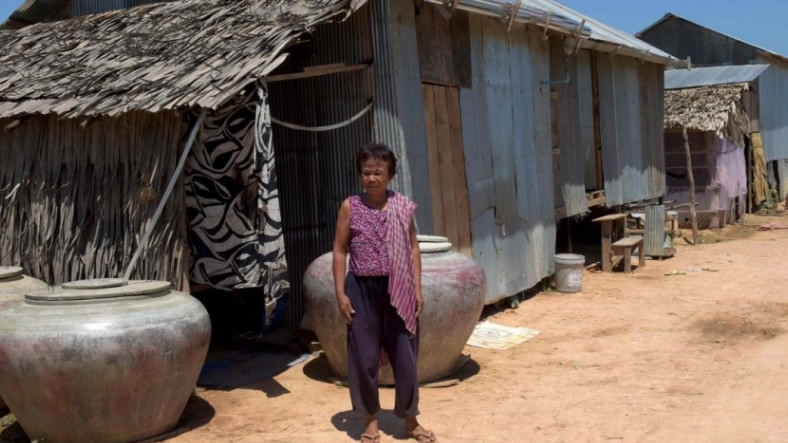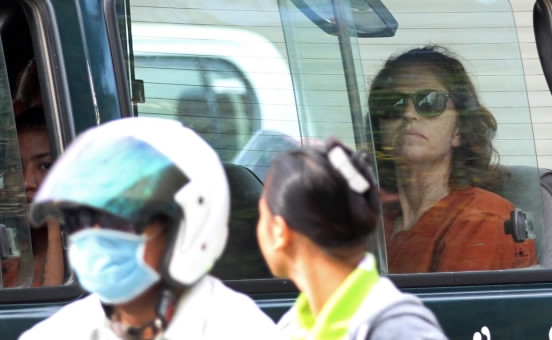
China
22:11, 18-Jun-2017
Surrogacy remains a lure for Cambodia's poorest despite ban

Peeling a mango inside her rickety wooden shack, Chhum Long explains how her daughter's decision to nurture a Western couple's baby in her womb helped her family buy two desperately needed items: a metal roof and a motorbike.
Last year a broker appeared outside the 60-year-old's house in Cambodia's southern Takeo province and offered her daughter 10,000 US dollars to be a surrogate mother for a wealthy foreign couple. "My daughter immediately agreed with the offer because we are very poor," she told AFP. "They took the baby away as soon as he was born, she did not even see his face."
An ongoing trial in Phnom Penh of Australian nurse Tammy Davis-Charles on charges of running an illegal surrogacy business has shone a spotlight on Cambodia's role in the rented womb trade. It is a little-regulated industry that pairs wealthy foreign couples desperate for a child – paying as much as 50,000 US dollars – with some of the world's most vulnerable women.
The enterprise has sparked a regulatory game of cat and mouse as poorer nations move to halt the trade only to see it resurface or appear across their borders. One-by-one countries that had been popular surrogacy destinations like India, Nepal and Thailand have banned the trade. Cambodia did the same in November. But interviews conducted by AFP suggest the industry remains, albeit in the shadows.

Australian nurse Tammy Davis-Charles in a prison van. / AFP Photo
Australian nurse Tammy Davis-Charles in a prison van. / AFP Photo
Cambodia is one of Asia's poorest countries with an average annual income of just 1,150 US dollars. Nine months of surrogacy might bring in as much as nine years' salary.
Cambodian government officials, however, say the ban was necessary. "Cambodia is still poor but we don't want to use surrogacy to reduce poverty among our people," Chou Bun Eng, who heads an anti-human trafficking committee at the Ministry of Interior, told AFP. "Otherwise Cambodia will become a factory to produce babies for sale".
The November ban came in the form of a government edict. But there has yet to be a law passed specifically outlawing the trade, leaving it in a legal grey area. Chou Bun Eng said the government was drafting legislation but provided no time frame.
(Source: AFP)

SITEMAP
Copyright © 2018 CGTN. Beijing ICP prepared NO.16065310-3
Copyright © 2018 CGTN. Beijing ICP prepared NO.16065310-3